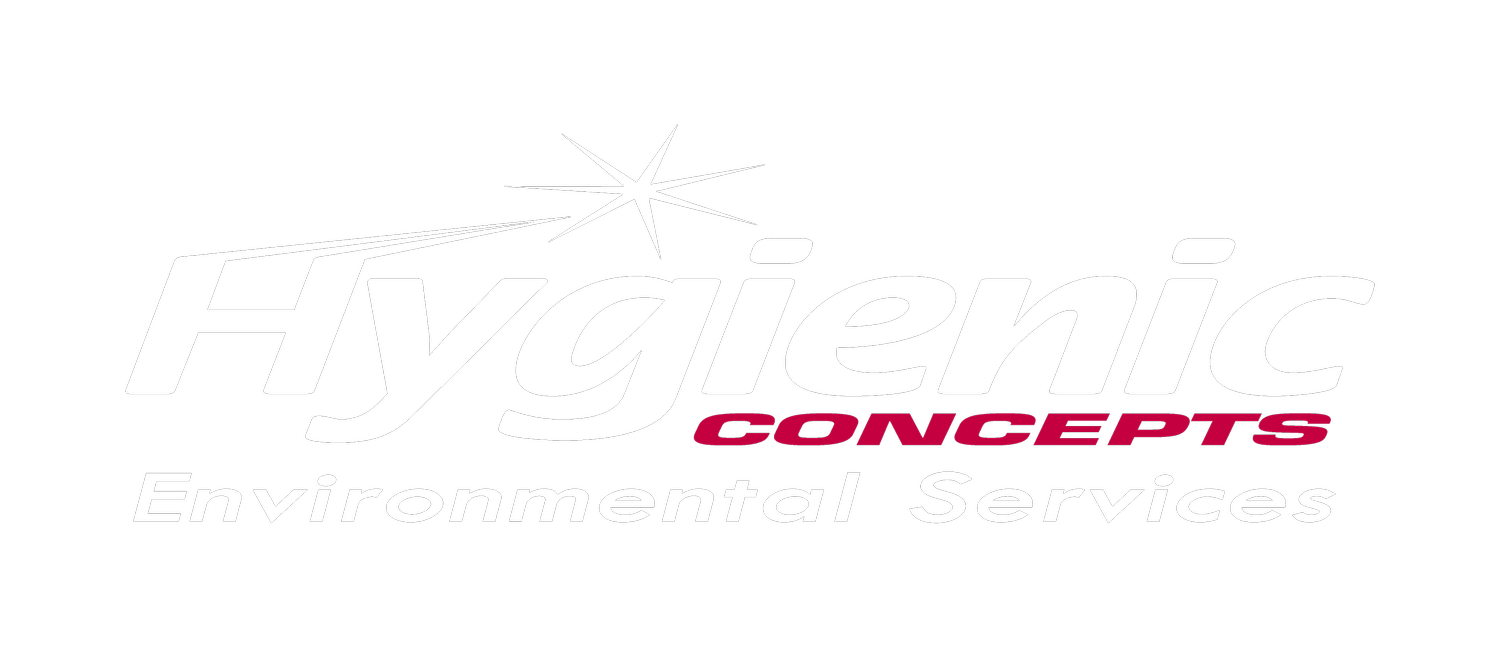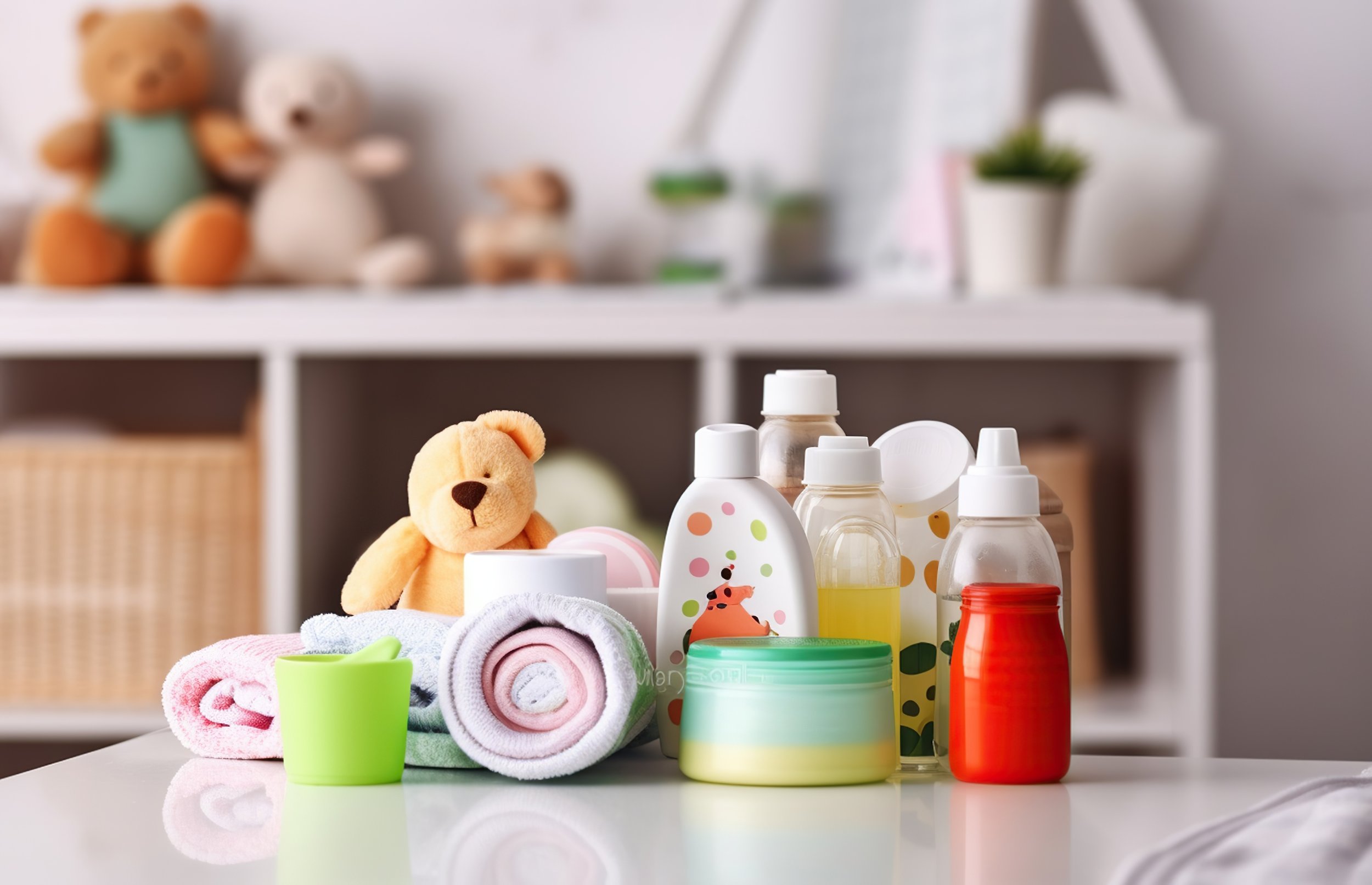National hygiene week: What is it and how can you get involved?
National Hygiene Week presents a chance to shed light on the issue of hygiene poverty by uniting influential thinkers, community collaborators, grassroots advocates, educational institutions, charitable organisations, and volunteers. Together, they aim to amplify the discussion within the public sphere and foster a stronger call to action. The collective efforts serve as a powerful voice for change, urging for tangible solutions and increased awareness surrounding this critical issue.
Hygiene poverty is a distressing reality that many individuals and families face, often hidden from public view. It refers to the inability to access essential hygiene and personal care products due to financial constraints. In hygiene poverty, individuals are forced to make impossible choices between buying basic necessities like food and shelter or purchasing items like soap, toothpaste, sanitary products, and diapers. This lack of access to proper hygiene not only impacts physical health but also has significant emotional and social consequences, leading to feelings of shame, isolation, and low self-esteem. Addressing hygiene poverty is not just about providing toiletries; it's about restoring dignity, improving well-being, and ensuring that everyone, regardless of their economic circumstances, can maintain their health and hygiene with dignity and pride. It's a pressing issue that calls for collective action to create a more equitable and compassionate society.
National poverty statistics for the UK
3.1 Million adults in the UK are affected by hygiene poverty
1 in 8 have avoided going to a job interview
Three in five (62%) of those experiencing hygiene poverty with dependent children said that they have had to choose between buying hygiene products for themselves or their child(ren).
48% (almost half) of those experiencing hygiene poverty were too
embarrassed to ask for help.
How can you help? > https://thehygienebank.com/get-involved/
How can you donate > https://thehygienebank.com/donate/
Follow @thehygienebank for more information!
Why is hygiene so important?
Hygiene is not just about looking clean, it is about safeguarding our health and preventing the spread of diseases. Proper hygiene practices are essential to our overall well-being, and they extend beyond personal hygiene to encompass environmental and community cleanliness as well. Here are some key aspects of hygiene's importance:
Personal Health: Maintaining personal hygiene, such as regular handwashing, brushing teeth, and taking showers, is crucial in preventing infections and illnesses. It helps remove germs and dirt from the body, reducing the risk of illnesses like colds, flu, and skin infections.
Food Safety: Proper food hygiene is essential to prevent foodborne illnesses. Ensuring that food is stored, prepared, and cooked in a clean environment can prevent the spread of harmful bacteria and contaminants.
Environmental Hygiene: Keeping our surroundings clean helps reduce the breeding grounds for pests and disease vectors. Proper waste disposal, regular cleaning of public spaces, and maintaining clean water sources are vital for community health.
Infection Control: Hygiene is paramount in healthcare settings to prevent the spread of infections. Healthcare workers must follow strict hygiene protocols to protect both themselves and their patients.
Mental Well-being: A clean and organised living environment can have a positive impact on mental health. Clutter and disarray can contribute to stress and anxiety, while cleanliness can promote a sense of well-being.
Throughout this entire week, we will be sharing a comprehensive series of hygiene-related information designed to empower you with the knowledge and practices necessary to ensure your safety in your daily life. These daily insights will equip you with valuable tips and guidance, promoting a healthier and more secure lifestyle. Stay tuned and join us on this educational journey to enhance your well-being.
#hygiene #hygienicconcepts #hcblog

